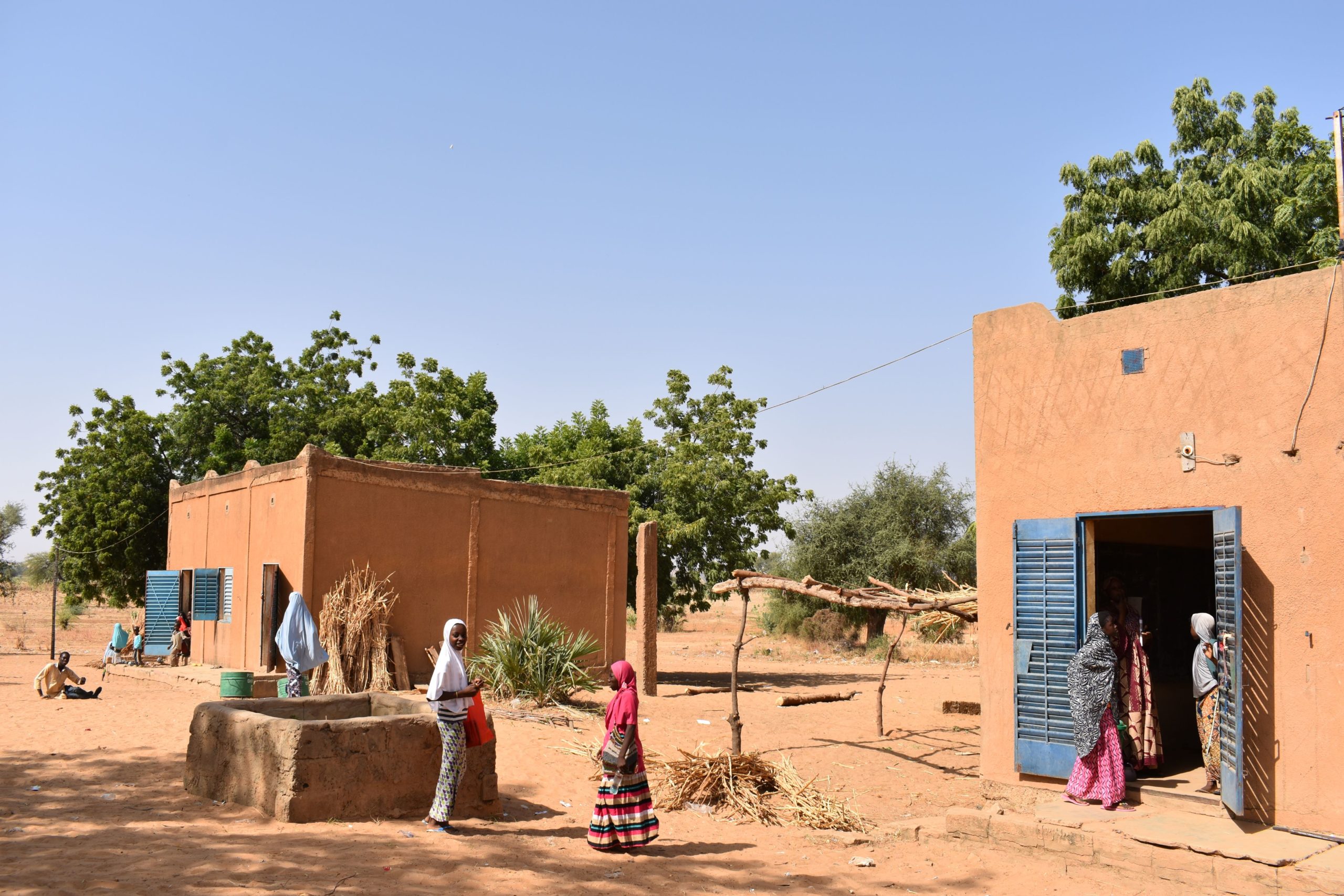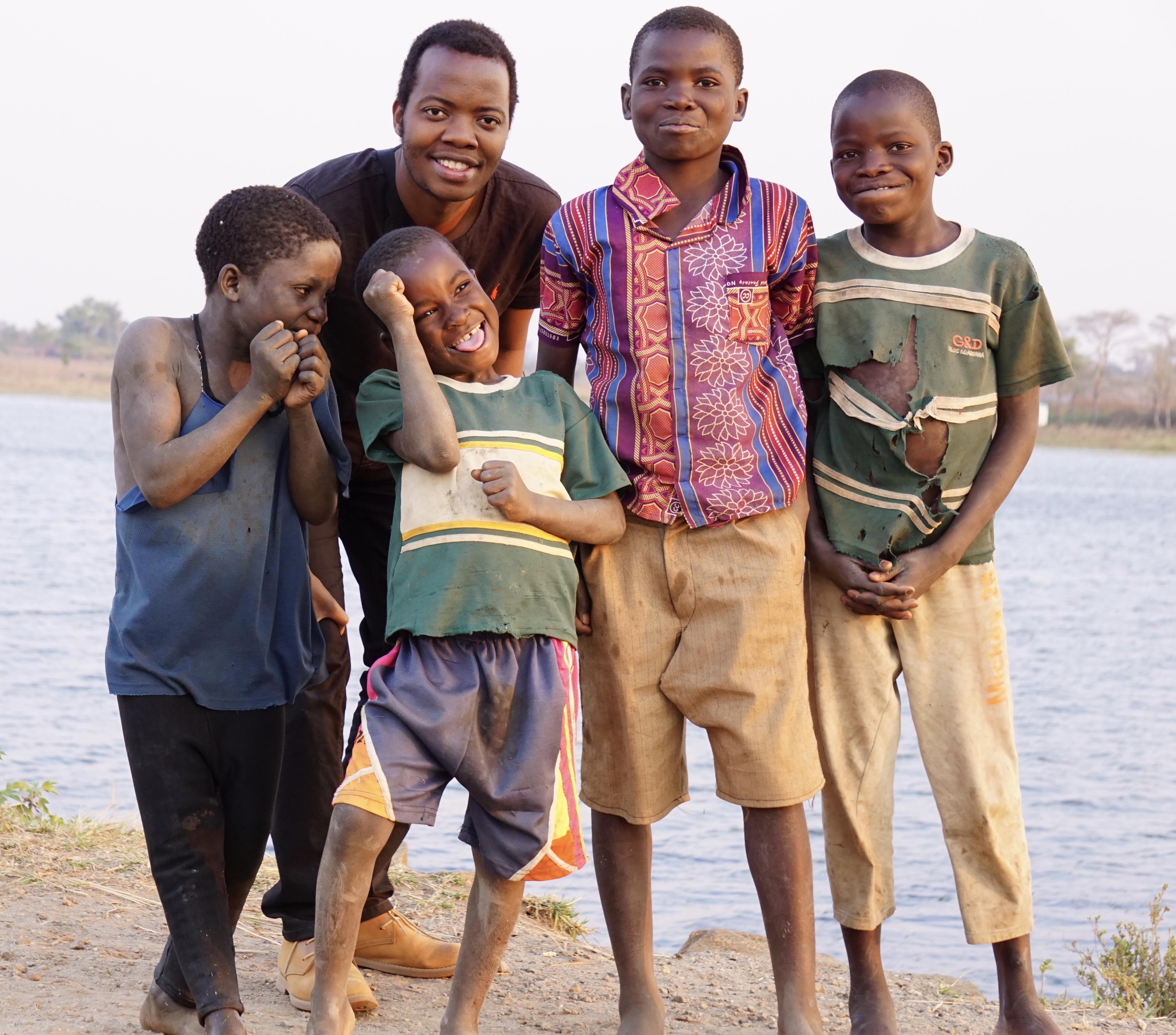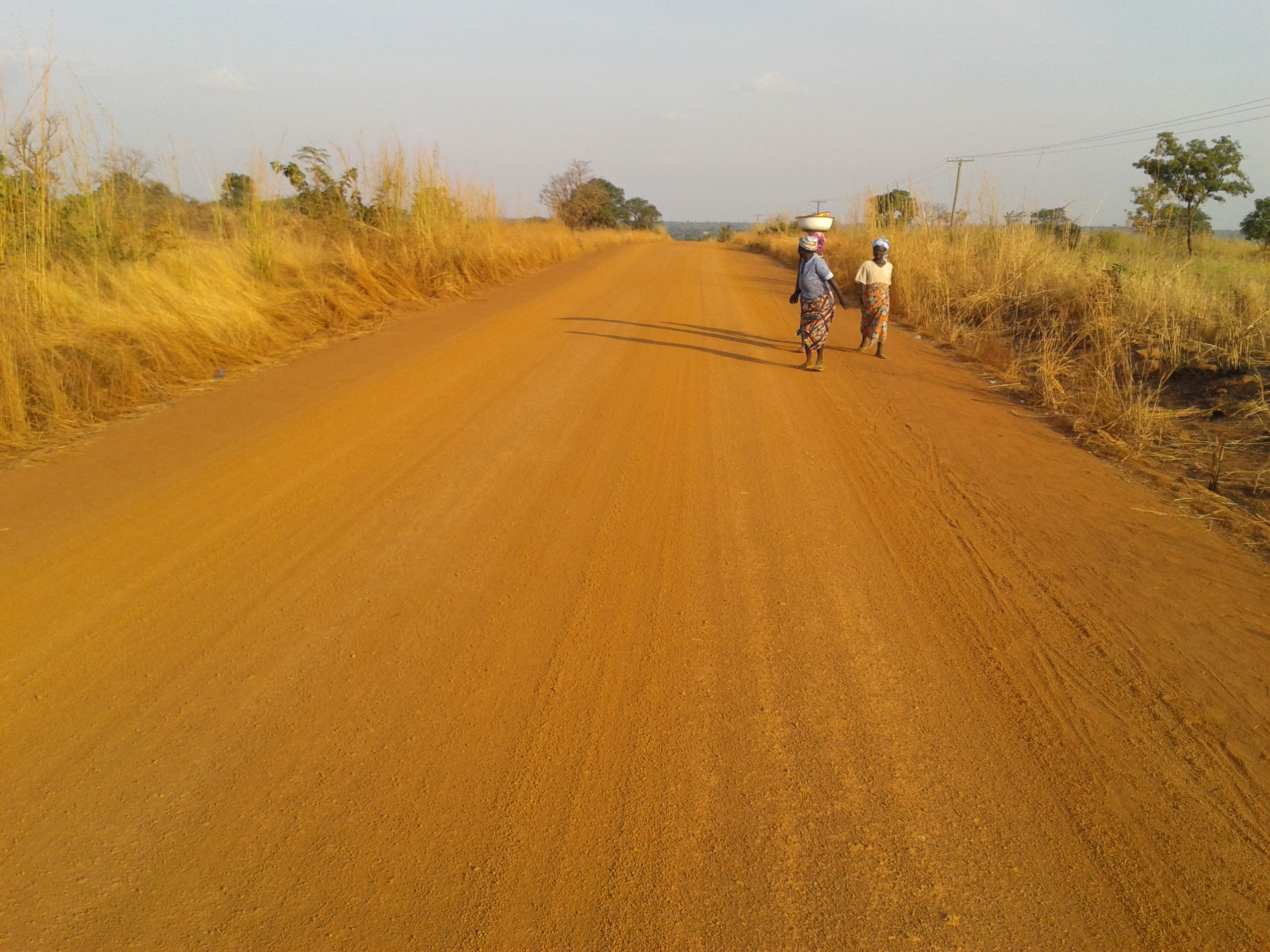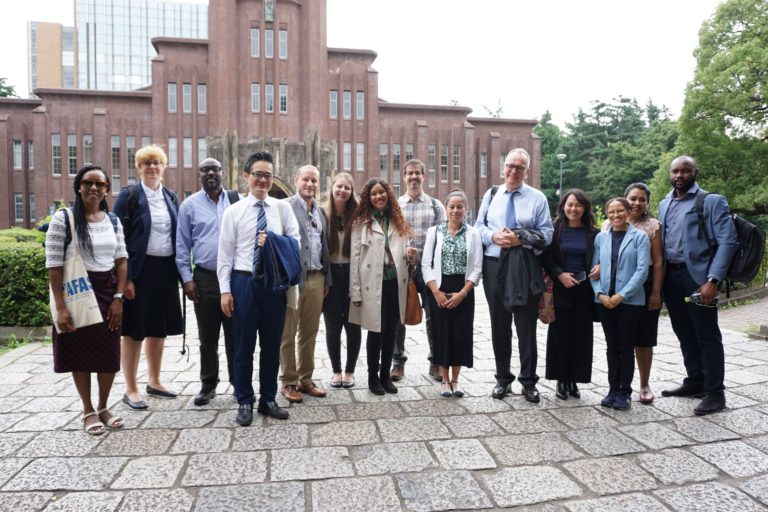Activists and academics for women’s land rights. Part 2
The land she grows: from land access to changing practices for more gender justice.
This is the second part about the event Women’s Land Rights and Gender Transformative Practices organized by the ZEF Gender Group and the Feminist Land Platform with panelists from Africa, Asia and Latin America in June 2023. This blog takes stock and draws lessons from the actions of civil-society movements for achieving more rights to land for women in various parts of the world. We will also highlight the significance of solidarities between activists, academics and policy practitioners to galvanize a global movement towards gender justice in access to land (read more on this in Blog 1 or watch the video here).
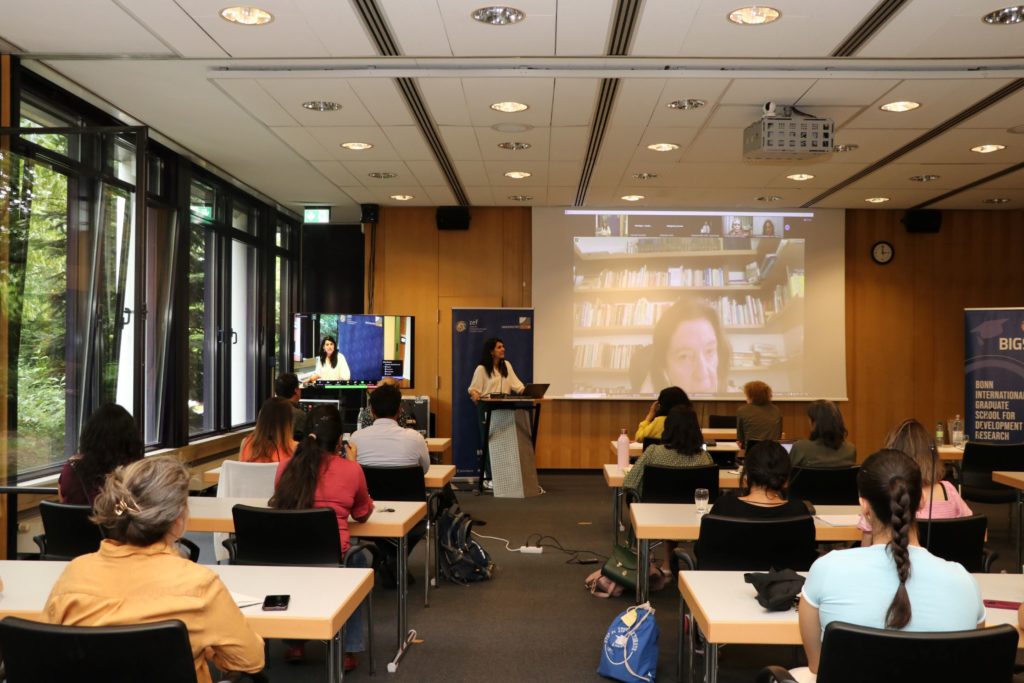
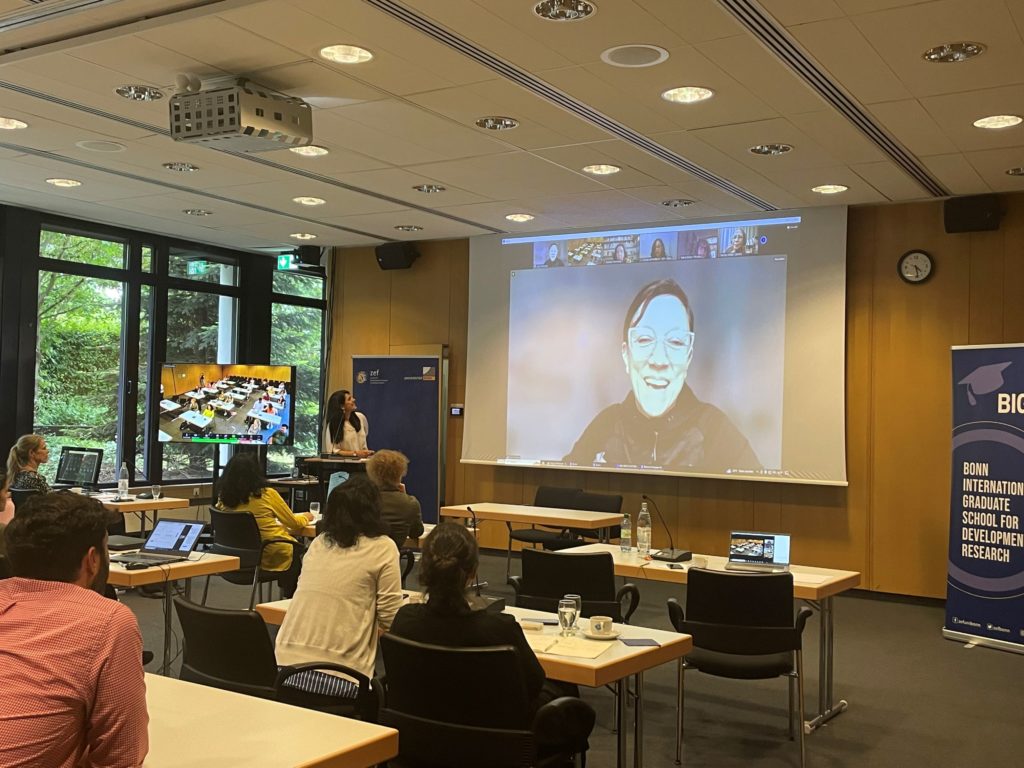
Land-tenure systems in the Global South have undergone massive changes over the past decades. Among the main drivers are competing global demands for the use of land for food, feed and energy. But, also neo-liberal land reforms, land-grabbing, increasing resource overuse as well as land degradation have been playing a role. Even before this process set off, women were facing difficulties in accessing and managing land. Yet, some have been finding spaces for maneuver to manage land, while others are seeing themselves further marginalized. So, we need to better understand these changes in land-tenure systems, and how they affect women and their social relations. Only then, we can understand how transformative change can happen.
What is at stake?
Land is one of the world’s most important natural resources. Individuals may access, manage and control land for its productive utilization by claiming either traditional rights or formal ownership through land titling. Control over land, e.g. in the form of land ownership, often grants those holding land titles further rights such as selling their land and/or using it as a mortgage to access other resources. Worldwide, there are differences in access to land for women and men – both in terms of use rights and ownership.
In 2021 only 23 % of women in Africa’s agricultural population had ownership or secure rights over agricultural land, while comprising half of the agricultural labor force. Laws and social norms can limit women’s access to the transformative power of land, even if equal rights to land are enshrined in human-rights frameworks and conventions. In most cases, women are not even considered farmers and are therefore not targeted by extension and agricultural support-programs. They thus face difficulties in obtaining credit and other inputs necessary for sustainable land-use programs and practices. Often, women’s access to land is tied to their marital status.
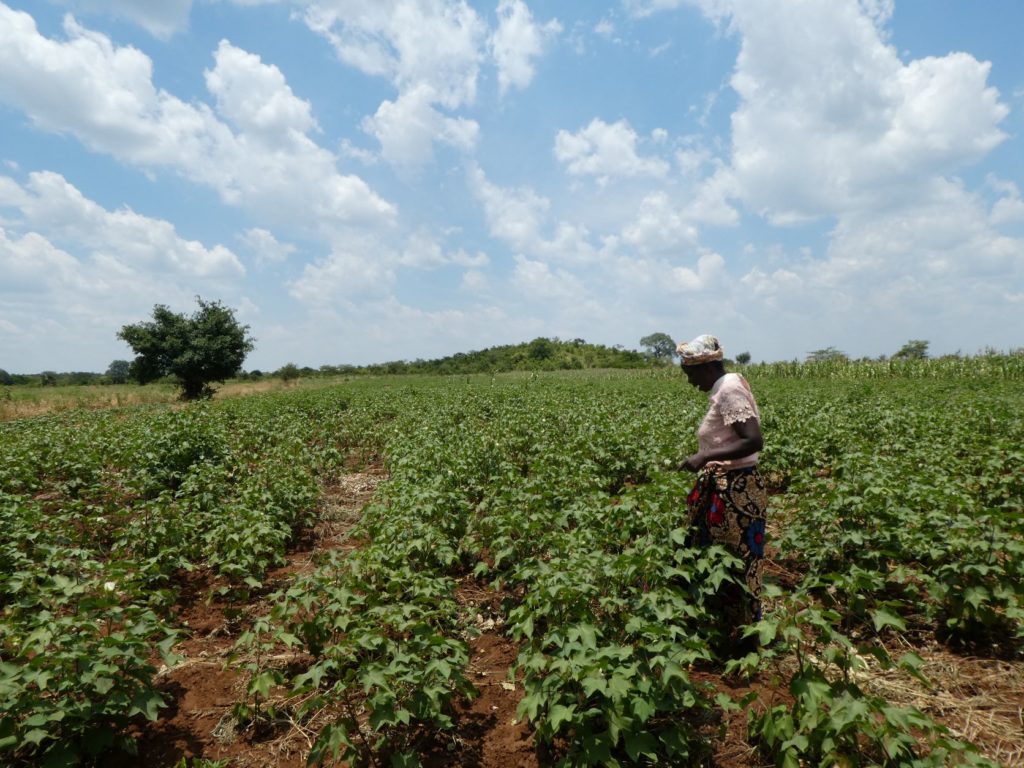
The crucial role of (secure) land ownership
Research has shown how and to what extent women all over the world benefit from having secure rights to land. With their land-rights secured, women tend to obtain a higher social status and their living conditions improve, and so do their food and nutrition security and their health and education outcomes. In addition, women’s earning and individual savings rise, their access to credit improves, and violence against women decreases.
To shift the current inequitable distribution of land rights and ownership, there are not only region-specific challenges, but also shared challenges emerging from the global capitalist-patriarchal systems. Overcoming these challenges demands collective global efforts towards gender justice as well as local reforms, tailored to the needs and challenges women and gender minorities are facing. These reforms include changes in legal structures and the design and implementation of policies considerate towards women’s diverse livelihood strategies. Moreover, we cannot delink efforts towards gender justice in land rights from questions of extraction of natural resources, sustainability of environments and biodiversity conservation. This is because land subsumes all its attendant resources including water and biodiversity. Natural and social disasters are causing loss of land and lead to conflicts around land-ownership. Here, we provide some examples of the specific challenges and potential ways of overcoming them.
Women in decision-making: Latin America
Marta Esber, Coordinator of Programs in the Area of Gender Justice and Natural Assets of Fundación Plurales spoke about challenges faced by women in indigenous communities in Latin America. Here, land is mostly owned by communities, and not by individuals. So if there are decisions to be taken on land in these communities, they are made by elders, who are almost always men. Those decisions not only include the granting of land-use rights but also of rights to other resources such as water and minerals. Thus, women are being left out of decision-making processes on the allocation of these resources and hence their needs are ignored. So making women’s voices audible in these decision-making arenas can contribute to heeding women’s concerns. Moreover, granting women equal authority in decisions can lead to a more equitable distribution of use rights of land and other resources.
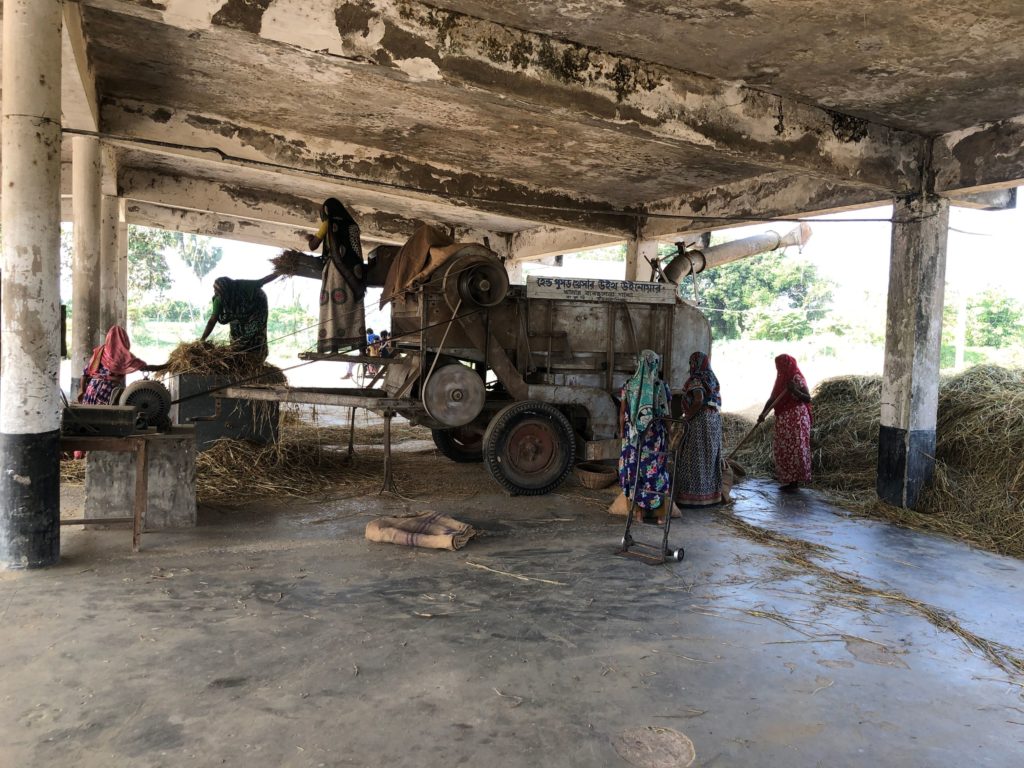
Taking stock of diverse livelihood strategies: Bangladesh
Fareeda Akhtar, Founding Executive Director of UBINIG (Policy Research for Development Alternative) from Bangladesh, raised the issue of the right to use land to obtain inputs for enterprises other than farming. She noted that in parts of Bangladesh women collect clay from common lands to make and sell pottery. However, the expansion of farmland and the emergence of land markets including corporate control of land have led to limited access of women potters to the common soil, which has been affecting their enterprises. She also noted that agricultural modernization contributed to a reduced participation of women in farming. Obviously, there are gaps in knowledge regarding women’s livelihood strategies engendering gender-blind policies that upend women’s livelihoods. So, there is an urgent need for closing the research gap on women’s livelihood strategies to make them play a role in devising policies. We also observe that access to land can shift in the process of modernization and development. New technologies can change the balance of rights in communities and households. Gender-blind policies and gender-blind technological change can leave women disempowered.
Changes in law and legal frameworks: Land preservation
Amina Amharech, one of the founding members of the Feminist Land Platform, highlighted women’s role in land preservation. She noted that this role, along with much of women’s work, remains largely invisible and that women’s voices are mostly absent in regional and national-level decision-making processes. This is adding to the invisibility of their work and rendering the policy-making process gender-unaware and gender-blind. For example, changes in the structures of land ownership from traditional to formal titling can lead to reducing women’s rights to land. Such formal changes could be more gender-aware and gender-sensitive by ensuring women’s participation in the design of new laws. There are also legal structures that, if adapted, can ensure women’s participation in national and regional decision-making fora. Women’s work must be valued and made more visible. Researchers can play a role in bringing women’s voices to decision-making arenas.
Global threats and violence
When activists make themselves heard and visible and challenge prevailing injustices, they often find themselves facing threats and at risk of violence, especially if they are women and/or people from marginalized communities. In many parts of the world, women and activists have been killed for voicing demands for transformation, and for calling for environmental and social justice. Thus, creating spaces shared by academics and these diverse voices is integral to the safety of those demanding justice, as these spaces can minimize the risk of violence.
Land rights in urban and peri-urban areas
The discussion centered a lot around the issue of land rights in agricultural contexts. However, it is also important to address the complexities of land-related issues beyond rural contexts, such as in urban and peri-urban areas. The issue of women’s land rights does not only pertain to women in rural areas but also to those living in urban and peri-urban areas, particularly with respect to housing and access to basic social services. The migration of people from rural areas to urban and peri-urban areas is often driven by an increasing lack of farmland, as well as exposure to violent conflicts and the impacts of climate change. This entails that that the issues at stake are transposed without having been solved.
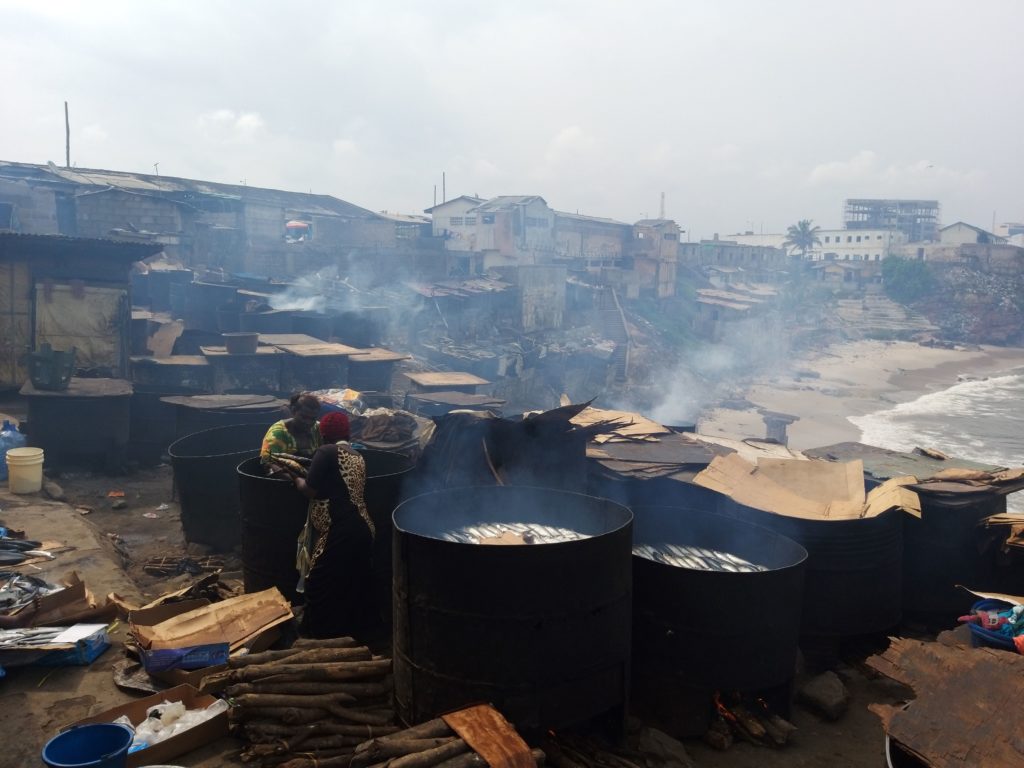
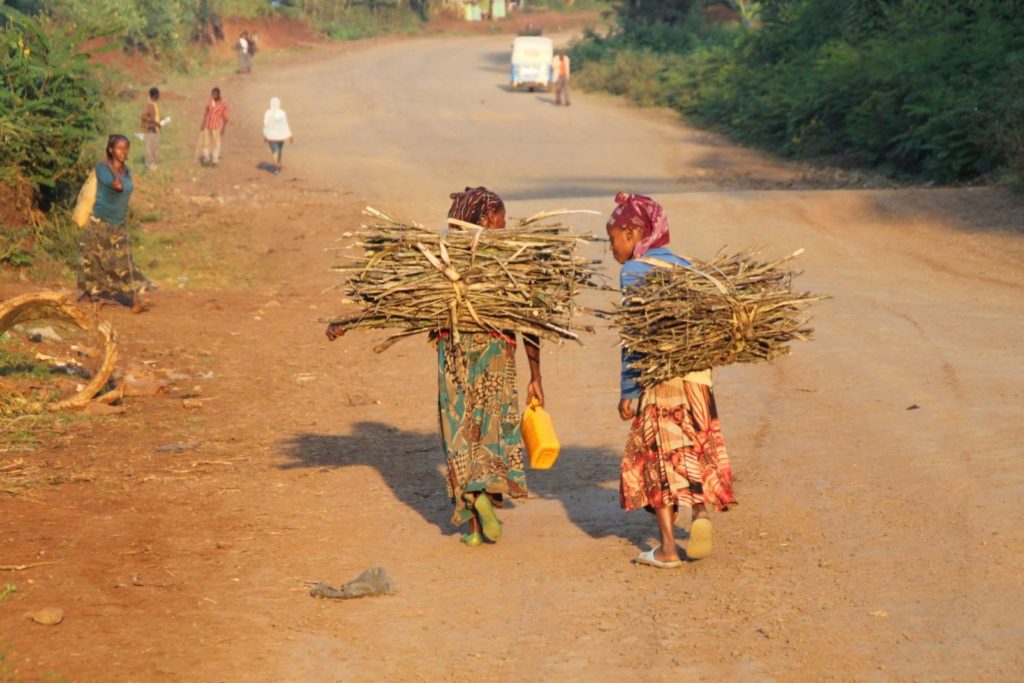
What can research do better?
The research process regarding the needs, challenges and opportunities in the movement towards gender justice in land rights needs scrutinized. We often observe hierarchies between the “researched” and the researchers, posing obstacles to the co-creation of transformative knowledge(s). We have to dismantle these hierarchies. We, as researchers, need to develop a better perspective of how not only women, but also communities that are marginalized or whose livelihoods are at risk of the climate crisis, perceive and experience the global, capitalist, and patriarchal system.
Moreover, the difference in the language used and understood in academia and policy circles often eschews the co-creation of strategies involving all major stakeholders of change. Academics often overlook this aspect, so they must be more self-critical and self-reflective; participatory research is indispensable for any sustainable, positive change, and using a common language is an essential part of that. Academics must work “with” movements instead of working “on” movements and jointly create knowledge. By amplifying women’s voices, bridging research-practice gaps, and fostering collaboration, strides towards achieving equitable land-ownership and environmental justice can be made.
Authors: Sundus Saleemi, Tina Beuchelt and Purti Sadhwani
Sundus Saleemi and Tina Beuchelt are senior researchers at ZEF, Purti Sadhwani is working with the ZEF Gender Group.

